Collaborative Efforts in Global IT Recycling Initiatives
Global e-waste is a growing concern, with an estimated 53.6 million metric tons generated in 2020 and projections of reaching 75 million metric tons by…

Global e-waste is a growing concern, with an estimated 53.6 million metric tons generated in 2020 and projections of reaching 75 million metric tons by…

In our pursuit of a more sustainable future, envisioning a world without e-waste is essential. With electronic devices becoming outdated at an alarming rate, our…
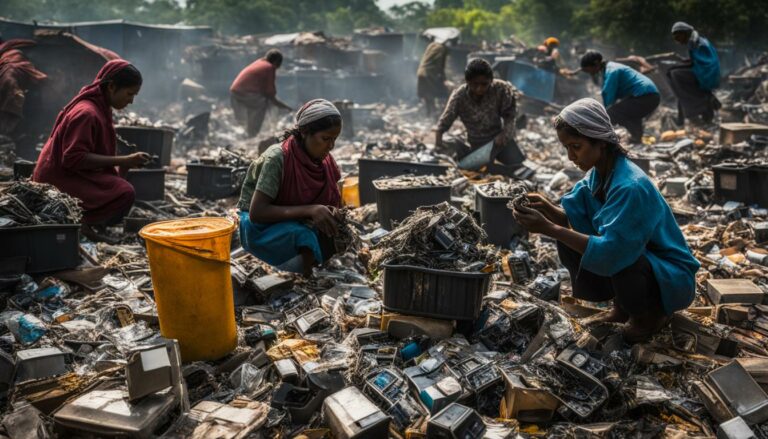
E-waste is a global crisis that requires urgent attention. Documentaries have emerged as a powerful medium for raising awareness about the environmental and social impacts…

The used IT equipment market has become increasingly popular as companies seek cost-effective solutions for their networking and infrastructure hardware needs. The global chip shortage…
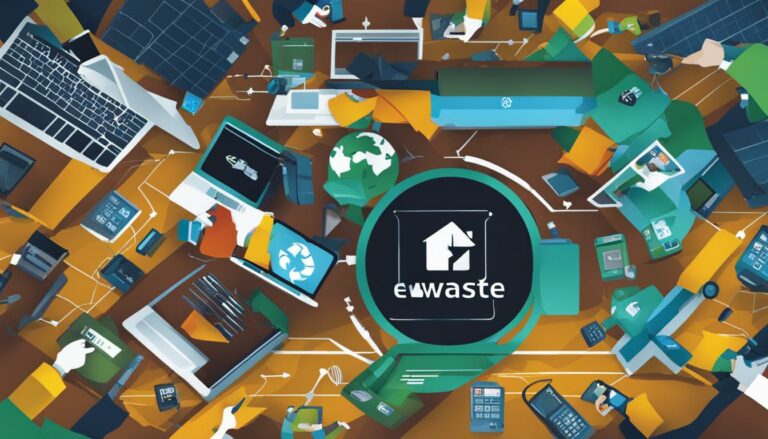
Electronic waste management is a pressing issue that requires sustainable solutions and strong collaboration between public and private sectors. Public-private partnerships play a vital role…
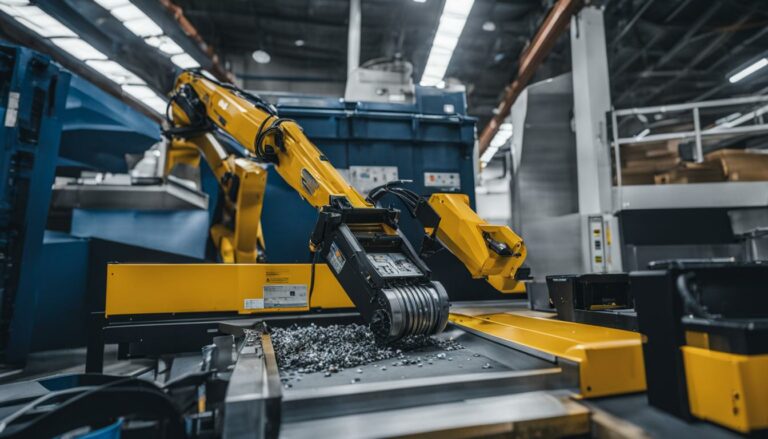
Technology has had a significant impact on streamlining IT recycling processes. It has led to reduced waste generation by promoting recycling and reuse of materials….

Dell, one of the world’s largest computer manufacturers and technology companies, has implemented a successful IT recycling programme. The programme focuses on responsible e-waste disposal…
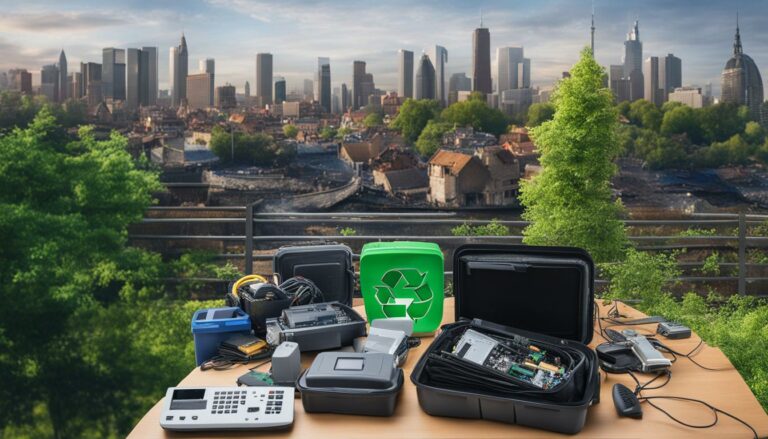
Did you know that UK households have approximately 22 million unused broadband routers? That’s enough to fill ten Olympic swimming pools! It’s not just routers…
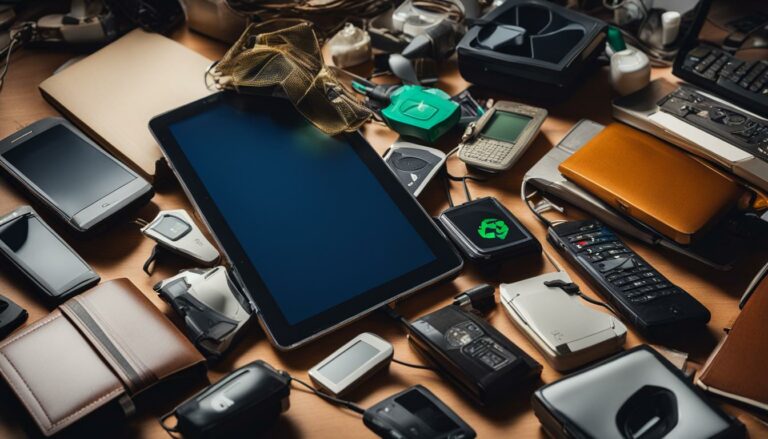
The concept of a circular economy, where everything is reused and waste doesn’t exist, is gaining traction. However, achieving a more sustainable way of satisfying…
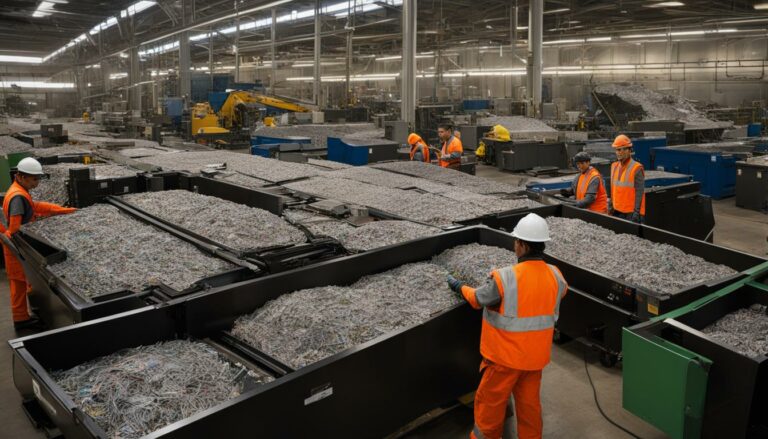
IT recycling operations play a crucial role in managing electronic waste and ensuring responsible disposal of IT equipment. As the volume of electronic waste continues…

Repairing broken and faulty products is crucial for achieving a circular economy and reducing waste. Repairing items uses less energy than producing new ones and…

Mobile device recycling is an important aspect of electronic waste recycling. With the increasing use of smartphones, tablets, and other gadgets, it’s crucial to find…
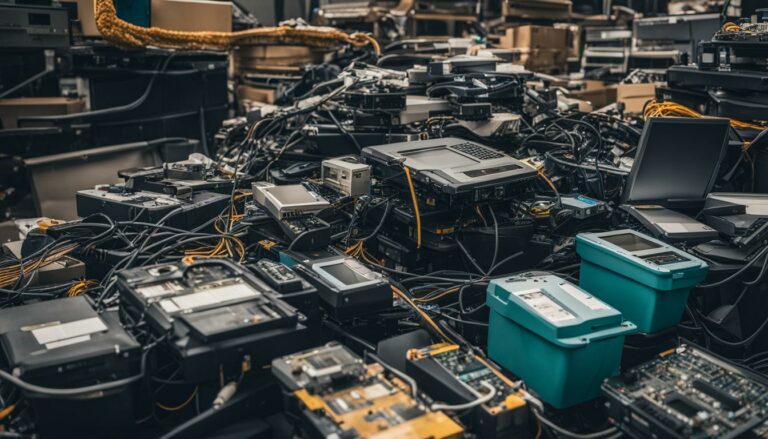
In the era of the Internet of Things (IoT), the disposal of network equipment poses a significant challenge. As technology rapidly advances, outdated devices become…
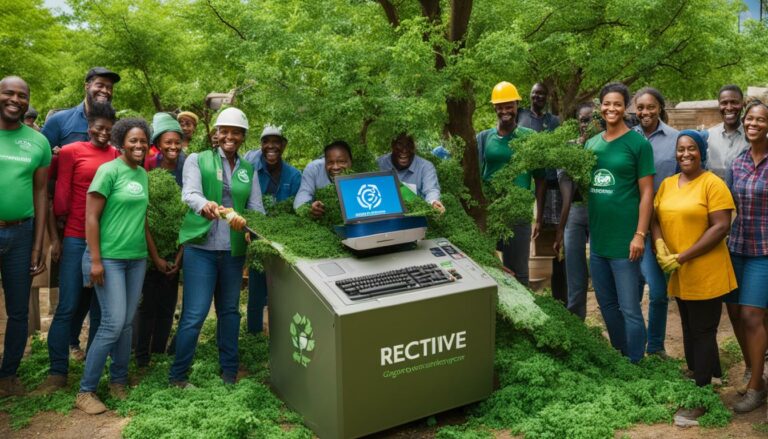
Non-Profit IT Recycling is an important practice that can have a positive impact on the environment. By responsibly disposing of old computers and other electronic…
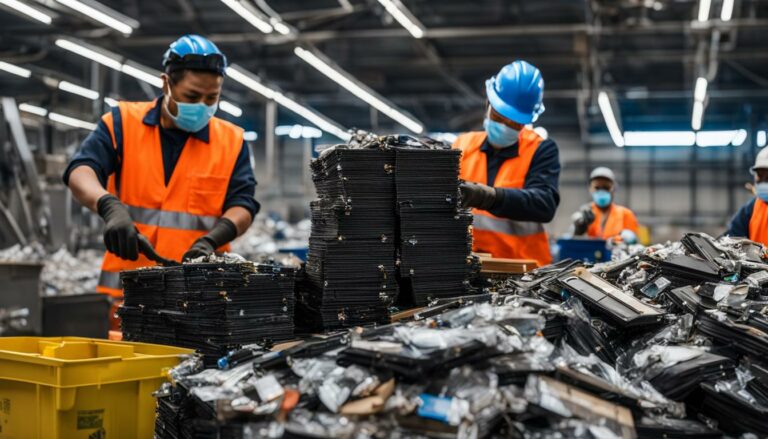
IT recycling certifications play a crucial role in ensuring that electronic waste is properly managed and disposed of. These certifications provide transparency and assurance that…

E-waste, or electronic waste, is a growing problem globally. Discarded electronic devices, such as kitchen utensils, radios, and hairdryers, contribute to this waste stream. However,…

Recycling is an important practice for businesses as it reduces waste sent to landfills and conserves raw materials. When it comes to IT asset disposal,…
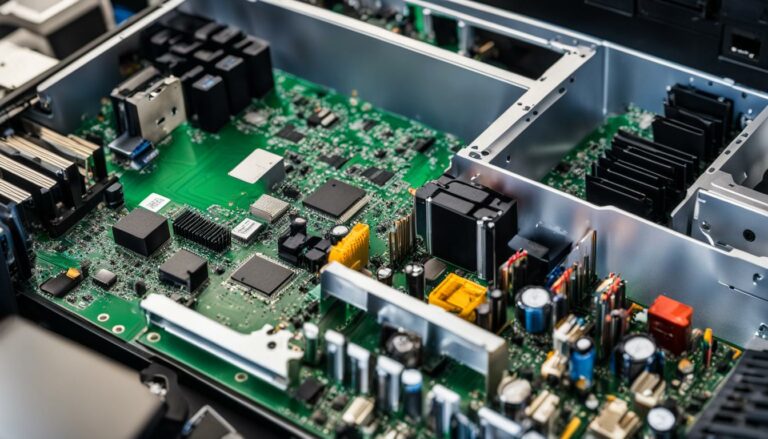
Server recycling is a crucial step in ensuring the safety and sustainability of your IT department. Disposing of servers without proper care can pose a…

Small businesses have an important role to play in implementing sustainable IT practices and reducing their environmental impact. By adopting eco-friendly technology and energy-efficient IT…

E-waste is the fastest growing solid waste stream in the world, with an estimated 53.6 million tonnes produced globally in 2019. However, only 17.4% of…

Many businesses struggle with what to do with their old IT equipment, particularly when it comes to servers. There are two key considerations: complying with…